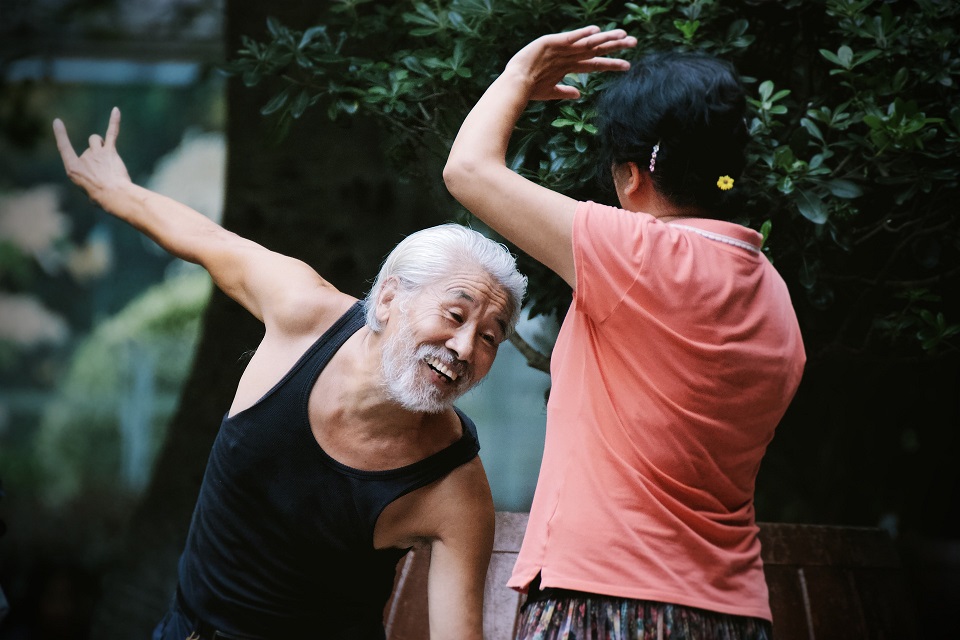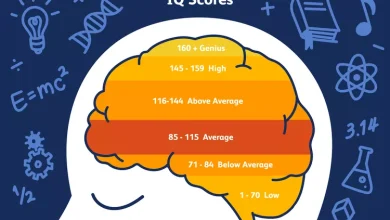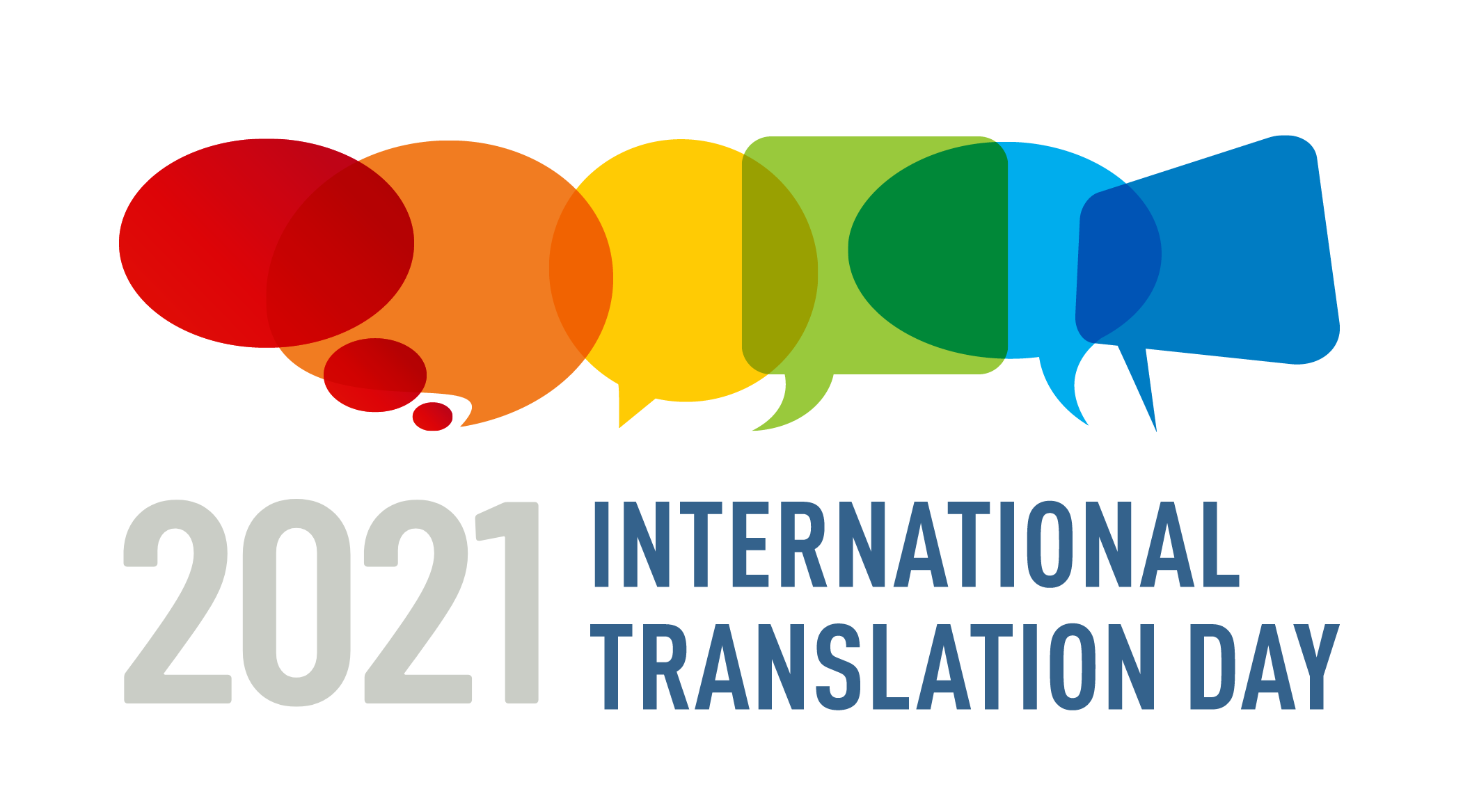End Racism-
The International Day for the Elimination of Racial Discrimination
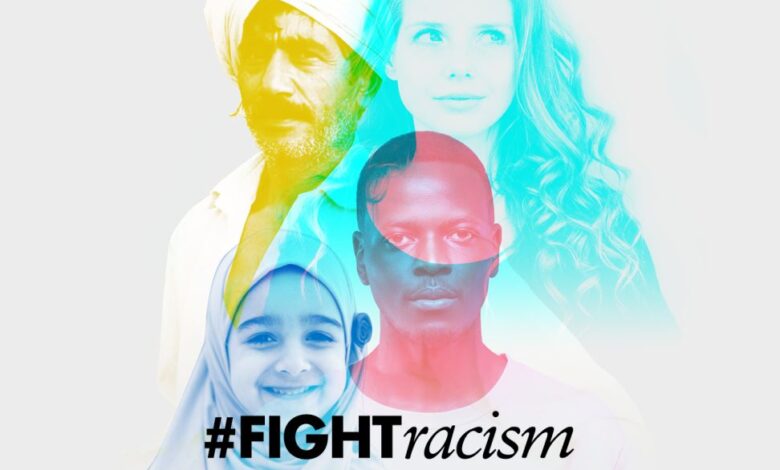
March 21-
Sixty-nine women, men and children who lost their lives bravely calling for an end to apartheid and racial discrimination in South Africa.
The dismantling of the apartheid regime some decades later was a watershed moment in the long fight against racism and racial discrimination.
A victory driven by people who refused to be silenced or broken by the forces of oppression.
But still today no country can claim to be free of racism.
Across the globe, xenophobia and related intolerance are on the rise. People of African descent, national, ethnic, linguistic and religious minorities, indigenous peoples and Roma and Sinti communities are stereotyped, stigmatised and marginalised, facing systemic discrimination across all areas of their lives. Migrants and refugees are vilified and attacked.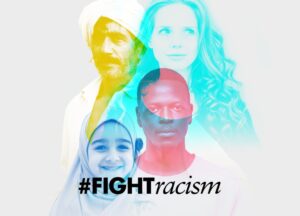
All too often, leaders and politicians endorse or even promote these messages of hate.
Racism, and all forms of discrimination, destroy the fabric of our societies.
Racism sows division and fuels inequalities, hate crime and violence.
It undermines development, peace, democracy, and the rule of law.
And it is an affront to human dignity.
Governments have an obligation to combat racism and racial discrimination under international human rights law, in particular the International Convention on the Elimination of Racial Discrimination.
As part of the Human Rights 75 Initiative this year, I have called on States to take a number of specific and urgent actions, including adopting comprehensive laws and policies and strengthening human rights institutions.
Political will is essential to confront past legacies of racial discrimination and to deliver reparatory justice. The Durban Declaration and Programme of Action as well as my Office’s Agenda towards transformative change for racial justice and equality must guide countries in these efforts.
As individuals, we can and must also be part of the solution.
Together, we can push back against the forces of discrimination, hatred, bigotry and violence, and we can build instead societies that rest on equality, respect and justice.
With dialogue, with education, with understanding of what we have in common and with deep appreciation for the richness of our differences.
As we mark the 75th anniversary of the Universal Declaration of Human Rights, let us recommit to its vision of a world where every person is treated with dignity and respect, no matter where they were born or the colour of their skin.
I am inspired by the courage and determination of people and communities who, despite the risks they may face, stand up against racism.
Their fight is our fight.
Join me today to Learn, Speak Up and Act to fight against racism”.
